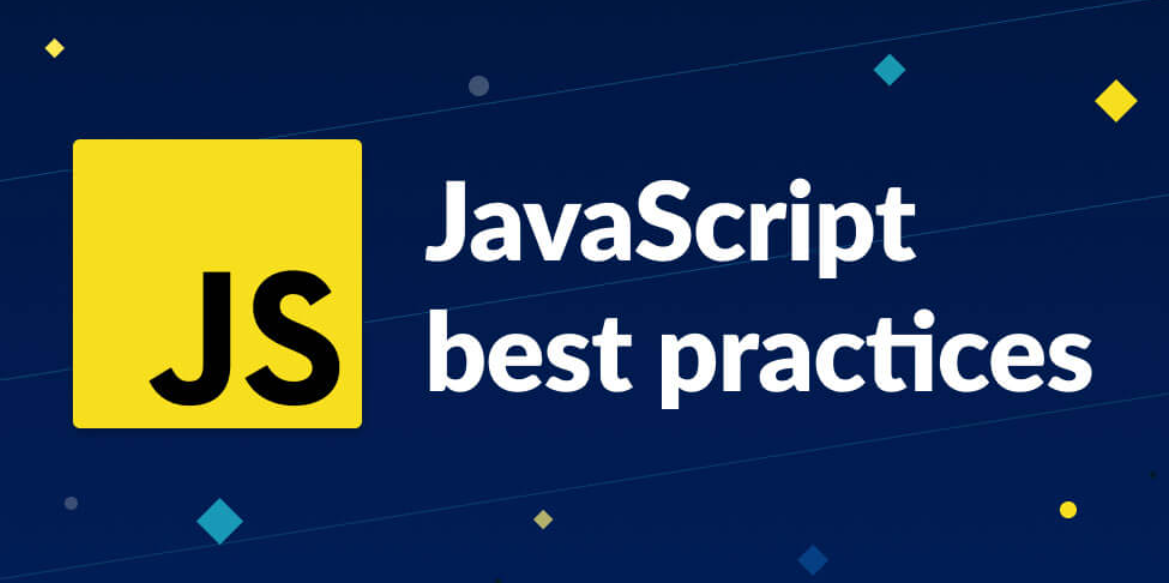Learning JavaScript is one thing, but mastering it takes consistent and focused effort. Many aspiring developers understand syntax and concepts but struggle to apply them effectively. The difference between a beginner and an expert lies in consistent JavaScript practice that strengthens logical thinking, boosts creativity, and builds hands-on experience.
JavaScript powers almost every modern website and application. From interactive buttons to dynamic dashboards, it’s everywhere. To become a skilled front-end or full-stack developer, regular practice with JavaScript is essential. It helps you understand how code behaves, how to fix errors, and how to build efficient, clean programs that perform well in real-world projects.
Why JavaScript Practice Matters
JavaScript is a versatile, dynamic language that controls most of what happens on the web. It’s used by tech giants like Google, Netflix, and Facebook, making it one of the most valuable programming languages to learn. However, reading theory or watching tutorials alone won’t make you a professional. Only consistent JavaScript practice allows you to bridge the gap between theory and real application.
Here’s why practice matters so much:
- Deep Understanding: When you write code regularly, you understand not just how something works but why it works that way.
- Faster Problem Solving: Practicing daily helps you recognize patterns and debug faster.
- Better Memory Retention: Writing code repeatedly reinforces your understanding of syntax and logic, thereby improving memory retention.
- Interview Readiness: Technical interviews often test your practical knowledge rather than theoretical definitions.
In short, continuous practice turns knowledge into skill.
Core Areas to Focus On During JavaScript Practice
To become truly confident, focus your learning on key JavaScript fundamentals. Each of these topics forms the foundation of the language and will sharpen your practical skills.
1. Variables and Data Types
Start by practicing how to declare variables and use data types effectively. Create small exercises that involve strings, numbers, booleans, arrays, and objects. For example, write a simple program that takes user input, performs calculations, and displays the result.
2. Loops and Conditional Statements
Loops, such as “for”, “while”, and “forEach”, help automate repetitive tasks. Conditional statements such as “if-else” and “switch” allow your code to make decisions. Try exercises like checking whether a number is even or odd, summing all elements in an array, or displaying grades based on marks.
3. Functions
Functions make your code reusable and organized. Practice creating different types of functions: traditional ones, anonymous functions, and arrow functions. For instance, write a function that calculates the factorial of a number or reverses a string.
Effective Ways to Practice JavaScript
Consistent and smart practice is more important than long, irregular sessions. Here’s how to make your JavaScript practice more structured and effective.
1. Solve Small Problems Every Day
Begin with simple challenges, such as reversing a string, finding the largest number in an array, or checking for palindromes. These small problems help strengthen your logic and give you a sense of achievement.
2. Build Mini Projects
Mini projects are a great way to apply everything you’ve learned. Some ideas include:
- A to-do list app
- A digital clock or timer
- A basic calculator
- A weather app using an API
- A quiz game that records scores
Each project will teach you something new about DOM manipulation, functions, and event handling.
3. Participate in Coding Challenges
Platforms like HackerRank, LeetCode, and Codewars offer hundreds of JavaScript problems. These platforms help you think critically, solve algorithmic challenges, and learn from the solutions of other developers.
4. Contribute to Open Source
Once you’re comfortable, contribute to open-source projects on GitHub. You’ll gain real-world experience working with others, reading existing code, and improving project functionality.
Conclusion
Mastering JavaScript takes patience, curiosity, and consistent effort. The more you practice, the more confident and creative you become. Regular JavaScript practice not only helps you write efficient code but also develops problem-solving skills that are essential for any developer.
Focus on understanding the “why” behind each concept instead of memorizing syntax. Keep experimenting, keep building, and soon you’ll find yourself thinking like a true JavaScript developer.





Comments